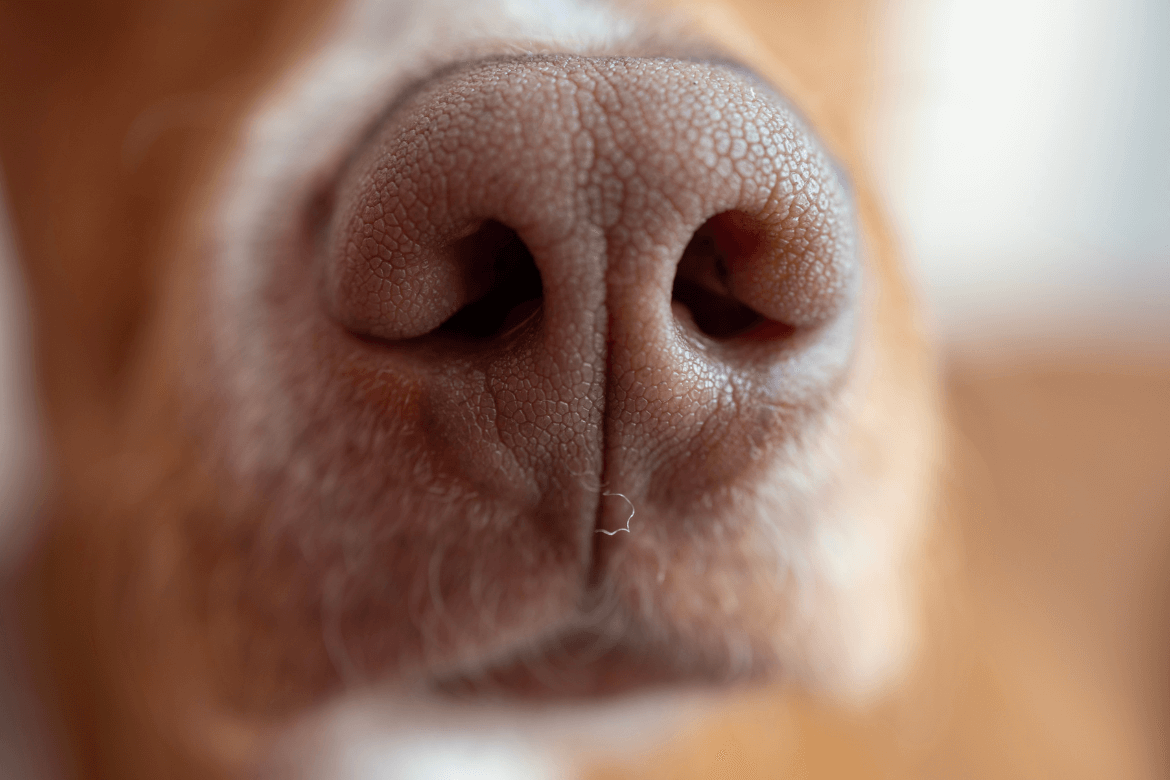What is: Breathing problems in dogs
What Are Breathing Problems in Dogs?
Breathing problems in dogs refer to a range of respiratory issues that can affect a dog’s ability to breathe normally. These problems can manifest as labored breathing, coughing, wheezing, or even fainting. Understanding the underlying causes of these symptoms is crucial for pet owners to ensure their furry friends receive the appropriate care and treatment.
Common Symptoms of Breathing Problems
Symptoms of breathing problems in dogs can vary widely depending on the underlying condition. Common signs include rapid or shallow breathing, excessive panting, coughing, and a bluish tint to the gums or tongue, indicating a lack of oxygen. Pet owners should be vigilant and seek veterinary assistance if they notice any of these symptoms, as timely intervention can be critical.
Causes of Breathing Problems in Dogs
There are numerous causes of breathing problems in dogs, ranging from infections and allergies to more serious conditions like heart disease or tumors. Respiratory infections, such as kennel cough or pneumonia, can lead to inflammation and fluid buildup in the lungs. Allergies to pollen, dust, or certain foods can also trigger respiratory distress in sensitive dogs.
Diagnosing Breathing Problems
Diagnosing breathing problems in dogs typically involves a thorough veterinary examination, which may include listening to the heart and lungs, conducting blood tests, and performing imaging studies like X-rays. These diagnostic tools help veterinarians identify the underlying cause of the breathing issues and determine the best course of treatment.
Treatment Options for Breathing Problems
Treatment for breathing problems in dogs depends on the underlying cause. In cases of infections, antibiotics or antifungal medications may be prescribed. For allergies, antihistamines or corticosteroids can help alleviate symptoms. In more severe cases, oxygen therapy or surgery may be necessary to correct structural issues in the respiratory system.
Preventive Measures for Respiratory Health
Preventing breathing problems in dogs involves maintaining a healthy lifestyle and minimizing exposure to potential allergens. Regular veterinary check-ups, a balanced diet, and adequate exercise can strengthen a dog’s immune system. Additionally, keeping the living environment clean and free of dust and irritants can help reduce the risk of respiratory issues.
When to Seek Veterinary Care
Pet owners should seek veterinary care immediately if their dog exhibits severe breathing difficulties, such as gasping for air, persistent coughing, or lethargy. These symptoms can indicate a serious medical emergency that requires prompt attention. Early intervention can significantly improve the prognosis for dogs suffering from breathing problems.
Living with a Dog with Breathing Problems
Caring for a dog with breathing problems requires special attention and adjustments to their daily routine. Owners may need to monitor their dog’s activity levels, provide a stress-free environment, and ensure they have access to fresh air. Additionally, following the veterinarian’s recommendations for medications and treatments is essential for managing the condition effectively.
Understanding the Prognosis
The prognosis for dogs with breathing problems varies widely based on the underlying cause and the timeliness of treatment. Some conditions may be easily managed with medication and lifestyle changes, while others may require more intensive interventions. Regular follow-ups with the veterinarian can help track the dog’s progress and adjust treatment plans as necessary.




